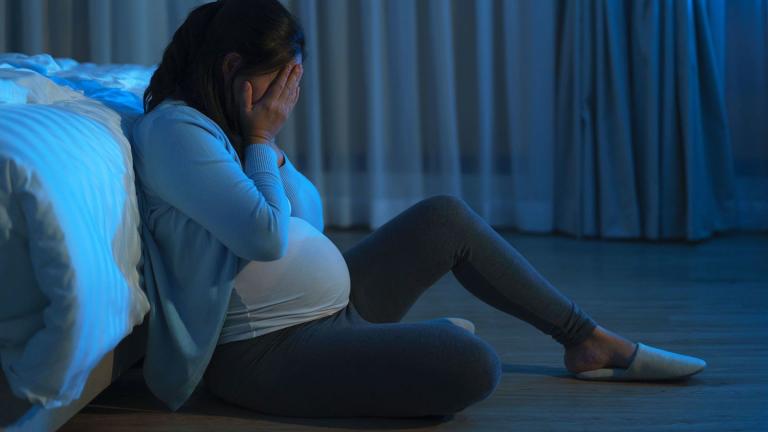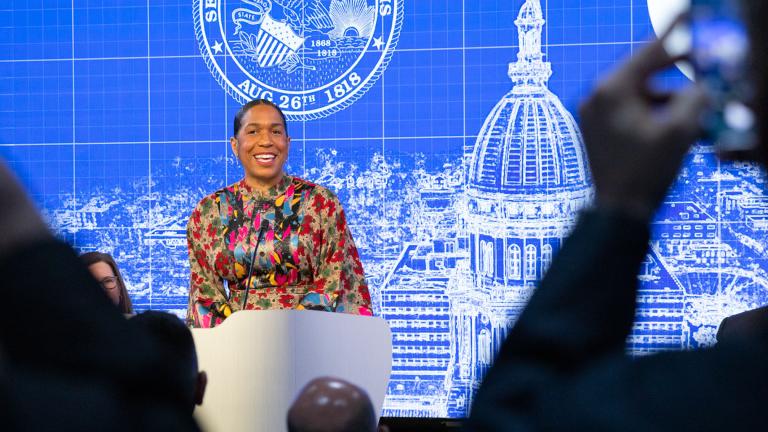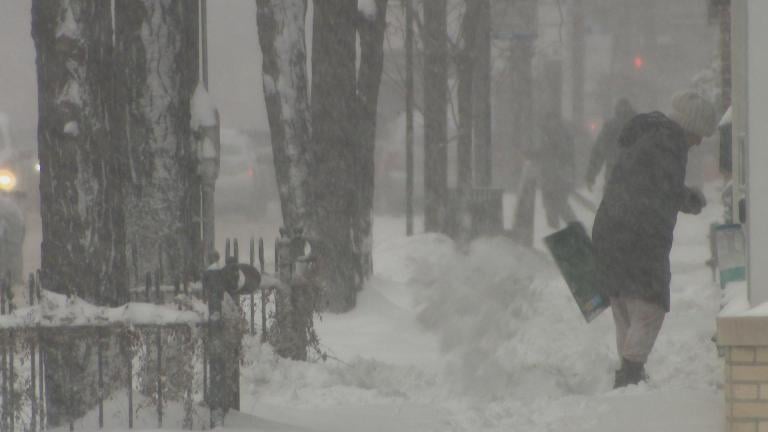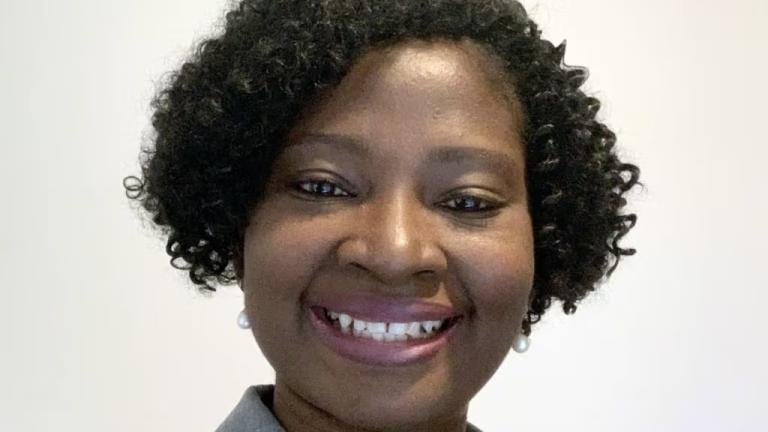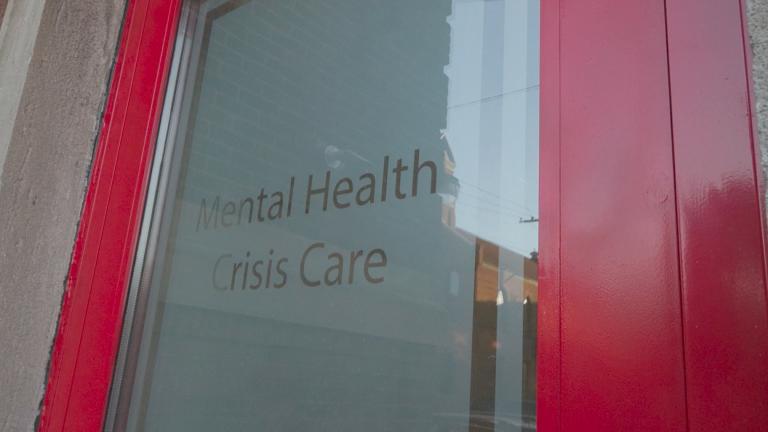Mental health professionals rather than just police are now responding to some emergency calls with the launch of a new state-funded program.
The aim is to try to prevent a mental health crisis from turning into a potentially deadly encounter with police — prioritizing treatment over a criminal justice response when possible.
The nonprofit provider Trilogy Behavioral Healthcare, based in Rogers Park, has been providing mental health services in the city for some 50 years. It launched its mental health emergency responder program earlier this month as part of the statewide initiative.
According to Samantha Handley, president and CEO of Trilogy, the demand for mental health services has skyrocketed since the onset of the COVID-19 pandemic.
“Across the board in all of our services — whether it’s our community-based outreach services, our child and adolescent therapy services, our adult therapy services — just across the board the demand is so high,” says Handley. “The level of social isolation that people went through during COVID really increased people’s mental health symptoms. In addition to losing jobs, food insecurity, income insecurity – all of those things, combined with the social isolation, has really created a perfect storm for people to experience mental health symptoms.”
Trilogy currently provides services primarily on the North Side – covering Rogers Park, Edgewater, West Ridge and Uptown, and then the suburbs of Skokie and Evanston.
Ultimately the goal is to provide statewide coverage through a network of providers, but at the moment the biggest impediment to ramping up services more rapidly is simply finding qualified mental health professionals to do the work.
“Really what we need right now is just more people,” says Handley. “We’ve hired about 9-10 clinicians right now. We’re hiring counselors, social workers and peer support people – individuals with lived mental health experience that can provide support to people as well.”
At the moment, Trilogy’s first responder service is available Monday to Friday, 8.00 a.m. to 4.30 p.m. But Handley is already planning to expand those hours.
“As we continue to ramp-up our program we will be able to offer it eventually 24/7, 365 days a year,” says Handley.
Trilogy’s crisis response team can be reached by calling 800-FACT-400 (800-322-8400), but in July a new national hotline number for mental health emergencies, 988, is being introduced.
When a call to Trilogy’s crisis line is received, a dispatcher determines the nature of the emergency and an appropriate response.
“The normal response is for mental health first responders to go out solo to calls where there isn’t any indication of a significant physical safety risk,” says Christopher Mayer, clinical director of crisis services at Trilogy.
In the event of an immediate medical emergency, or where there may be a physical threat, dispatchers will continue to involve police but a Trilogy first responder will also be sent to assist the police response.
“We’ve been in close communication with the Chicago police as well as the Evanston police to coordinate what that partnership will look like going forward,” says Mayer. “We’ve worked with the Chicago crisis intervention officers for a long time.”
Mayer says the initial rollout of the new program which launched Jan. 10 has been encouraging.
“It’s been going great. We have been getting calls. People have been made aware of the hotline. So we’re happy that our community engagement efforts have been reaching people to increase access to this service,” says Mayer.


